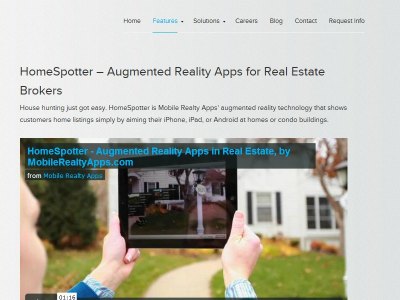EDMONTON — Tom Vassos, a Canadian business school instructor and author of a book on mobile marketing has a three-part hypothesis on mobility: That we are in the midst of an irreversible mobile revolution; that forward-looking businesses will leverage the opportunities that mobile technology represents; and that they’ll do it by using mobile to change business and marketing models,
An MBA instructor at the University of Toronto’s Rotman School of Management and author of Destination Innovation: Creative Mobile Marketing and Commerce Strategies, Vassos made the observations this week at at the ninth annual CIO Peer Forum here.
He doesn’t think about mobility in terms of a form factor. For business and marketing purposes, a car is a mobile device, thanks to the telemetry installed. And that’s what makes the mobile revolution: the instrumentation, especially taken together.
Your phone’s GPS can locate you. Its onboard compass can detect precisely in which direction your camera is facing. Put them together, and you’ve just identified the building that you’re staring at, allowing the network to provide more information onscreen – augmented reality.
How else are companies changing business and marketing models using the instrumentation and features on mobile devices?

* ZipCar changed the model of car rentals by eliminating the overhead associated with huge lots, which allowed shorter-term car rental than one day. GetAround.com changes the model even further – the service doesn’t even have a fleet. Members in your area, located by GPS, offer their own cars out for rent, fully insured on an hourly basis.
* International grocery chain Tesco was determined to expand its footprint in a crowded South Korean market. They created a series of “stores” that were actually backlit subway posters of product. Consumers snap the QR code, submit an order, and the product is delivered two hours later to their homes.
* Remember that your car’s a mobile device, too. Insurance company Liberty Mutual is experimenting with telematics-based policies. Let the company track your driving behavior — how fast, where and when – and the company can lower you policy price by precisely calculating your risk profile.
For more on the forum see the upcoming June issue of Canadian CIO)